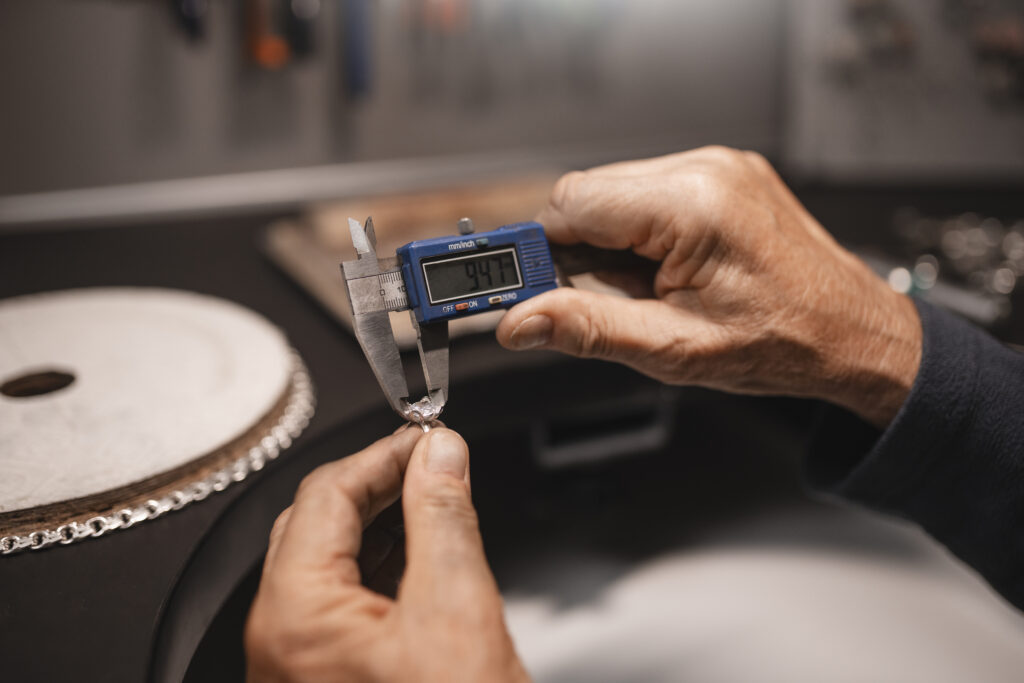In the world of manufacturing, engineering, research, and even healthcare, precision is everything. Even the slightest deviation in measurements can lead to major errors, quality issues, or safety hazards. This is where calibration labs play a critical role.
A calibration lab, short for calibration laboratory, is a facility equipped to check, adjust, and certify the accuracy of measuring instruments and equipment. These labs are essential for businesses and organizations that rely on precise measurements for operations, quality control, and regulatory compliance.
What is a Calibration Lab?
A calibration lab is a specialized environment where experts use reference instruments, standards, and environmental controls to measure and verify the accuracy of various devices. These can include instruments that measure:
- Temperature
- Pressure
- Force
- Length
- Mass
- Electrical signals
- Flow rate
- Humidity
- Torque
Calibration labs help ensure that these instruments give readings that are accurate and traceable to international or national standards such as ISO, NIST (U.S.), or NABL (India).
Why is Calibration Important?
Calibration is not just a formality—it is a quality and safety necessity. Here’s why:
1. Accuracy
Over time, measuring instruments may drift from their original specifications due to usage, wear, or environmental conditions. Calibration restores and verifies their accuracy.
2. Compliance
Industries like pharmaceuticals, food processing, aerospace, and healthcare are heavily regulated. Regular calibration is often legally required to meet safety and quality standards.
3. Consistency in Production
Manufacturers depend on precision to ensure product consistency. A miscalibrated machine could result in defective products or safety risks.
4. Cost Efficiency
Incorrect measurements can lead to product recalls, customer complaints, or rework—all of which are costly. Calibration helps avoid such losses.
5. Traceability
Calibration labs ensure that measurements are traceable to international standards, providing accountability and documentation for audits and certifications.
Types of Equipment Calibrated in Labs
Calibration labs work with a wide range of instruments, such as:
- Weighing scales and balances
- Pressure gauges and transmitters
- Flow meters
- Thermometers and temperature sensors
- Electrical multimeters and oscilloscopes
- Torque wrenches and testers
- Micrometers, calipers, and other dimensional tools
- pH meters and conductivity sensors
- Humidity meters and data loggers
Each instrument undergoes a detailed procedure that involves comparing it against a known standard, adjusting it if needed, and issuing a calibration certificate.
Services Offered by Calibration Labs
1. Standard Calibration
This includes regular verification and adjustment of equipment to meet the manufacturer’s or industry standards.
2. On-Site Calibration
Some labs offer mobile calibration services where technicians visit a facility to calibrate equipment on-site, minimizing downtime.
3. NABL Accredited Calibration
In India, NABL (National Accreditation Board for Testing and Calibration Laboratories) provides accreditation to labs meeting ISO/IEC 17025 standards. NABL-certified labs are recognized for high quality and reliable services.
4. Preventive Maintenance & Repair
Many labs also inspect and repair faulty instruments before calibration, ensuring they are functioning correctly.
5. Certificate Issuance
Each calibrated device receives a calibration certificate detailing the device specs, standard used, measurement uncertainty, and date of calibration—critical for audits.
Industries That Rely on Calibration Labs
Almost every industry that relies on precision uses calibration labs. Key sectors include:
- Pharmaceuticals: Ensuring dosage and formulation accuracy
- Automotive: Testing engine components and safety systems
- Aerospace: Precise measurements for aircraft parts
- Food & Beverage: Temperature and weight monitoring in production
- Healthcare: Calibrating medical devices for patient safety
- Oil & Gas: Pressure and flow calibration for safety compliance
- Electronics: Ensuring accuracy in circuit testing and development
- Construction: Calibration of survey instruments and torque tools
Choosing the Right Calibration Lab
When selecting a calibration lab, consider the following:
Accreditation
Ensure the lab is ISO/IEC 17025 certified or NABL accredited, which guarantees international standards in accuracy and processes.
Scope of Services
Check whether the lab can handle all your calibration needs—whether it’s electrical, mechanical, or thermal.
Turnaround Time
Quick service is essential, especially for businesses relying on critical instruments.
Documentation
A proper calibration lab should offer a detailed calibration certificate with traceability to national/international standards.
Customer Support
Technical support, reminders for re-calibration, and on-site services add convenience and reliability.
Future Trends in Calibration Labs
As industries adopt more advanced and connected technologies, calibration labs are also evolving:
- Automated Calibration Systems: Using robots and AI for faster, more precise results
- Cloud-Based Calibration Reports: Digital storage and access for easier audits
- IoT Integration: Smart sensors requiring regular and remote calibration
- Green Calibration: Energy-efficient labs with minimal environmental impact
Conclusion
A calibration lab is an indispensable partner for any industry that depends on precision, safety, and compliance. By ensuring that every instrument performs within its defined accuracy range, these labs help businesses maintain quality, reduce waste, comply with regulations, and build customer trust.
Regular calibration is not just a box to tick—it’s a long-term investment in operational excellence, risk reduction, and product reliability.


